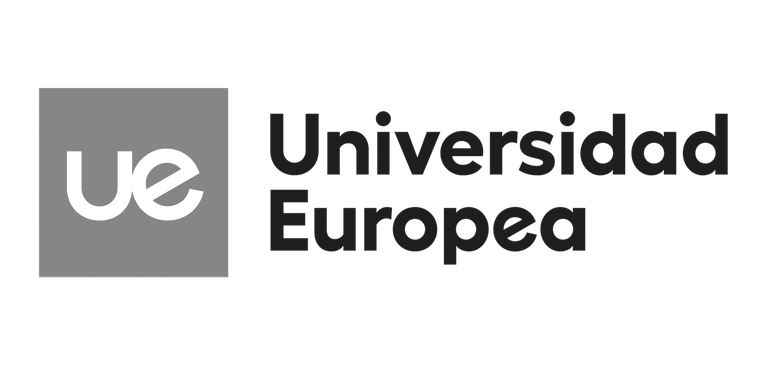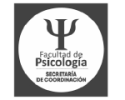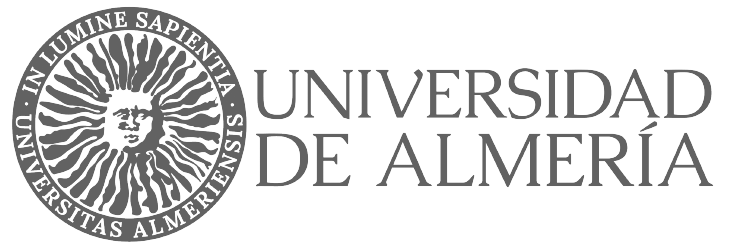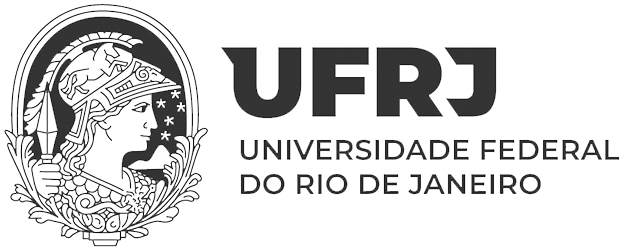In this scoping review on 34 studies, we examined the use of immersive virtual reality (IVR) in neurodevelopmental disorders (NDD). IVR was mostly used in connection with autism spectrum disorder (ASD) for assessment of and intervention in social skills, and in attention deficit hyperactivity disorder (ADHD) for assessment of executive performance. Diagnostic measures varied or were not available, and the level of evidence was generally observational/descriptive. Furthermore, few studies reported on feasibility and user experience and even fewer on human guidance and the generalization of intervention to everyday life. Our results suggest that human guidance during and after immersive VR may be crucial for generalization of skills. More research on IVR in other NDDs is needed.
Immersive VR intervention can capture behavioral change, acting as an objective measurement tool, and should be broadened to target more neurodevelopmental disorders. Our review suggests that IVR makes it possible to practice complex social skills in a controlled situation close to daily life. Generalization of the IVR interventions was analyzed only in a few studies, with small groups of participants and variable designs, which limits the conclusions. Active human trainers and ecologically valid tasks in immersive VR involve the child in interaction and joint activities and may help to generalize the results to everyday life, which may help to personalize and customize the intervention for the individual, thus making it possible to focus on individual strengths and challenges in IVR. Participatory guidance may, in fact, act as a bridge from IVR to real life, supporting the gaining of new skills for social communication, and this should be planned in more detail.
Satu, P., Minna, L. & Satu, S. Immersive VR Assessment and Intervention Research of Individuals with Neurodevelopmental Disorders Is Dominated by ASD and ADHD: a Scoping Review. Rev J Autism Dev Disord (2023). https://doi.org/10.1007/s40489-023-00377-3
DOI: https://doi.org/10.1007/s40489-023-00377-3
Full text: https://rdcu.be/dcf5k












Este proyecto ha recibido financiación de la Unión Europea del programa de investigación e innovación
Horizon 2020 bajo el acuerdo Nº 733901
© 2025 Nesplora S.L.
New Nesplora online application
Nesplora
desktop application
New Nesplora online application
Nesplora
desktop application